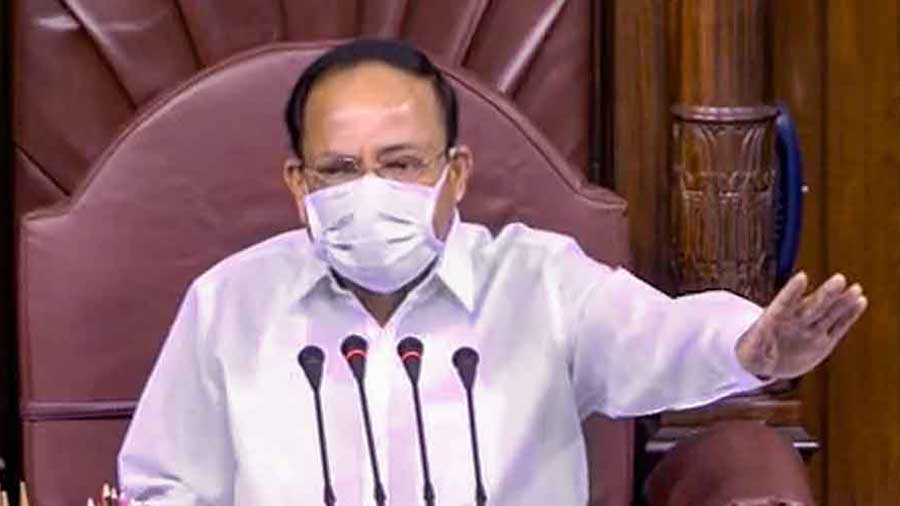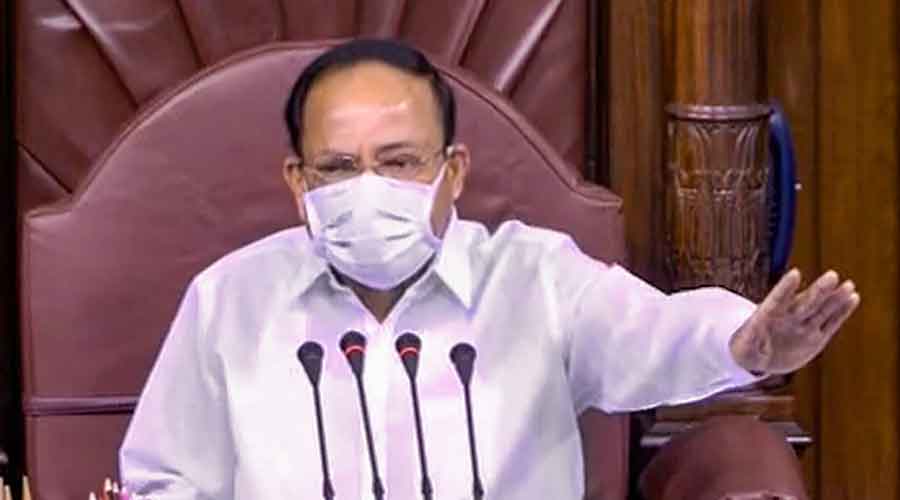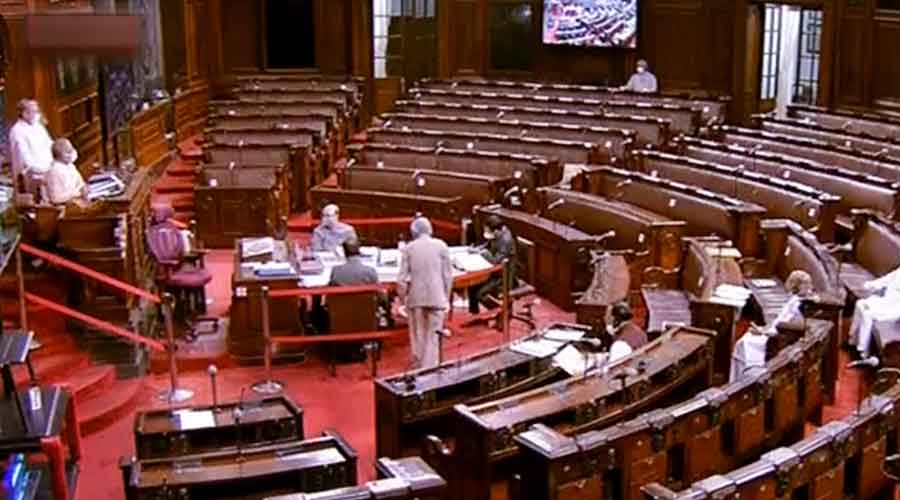The productivity of India’s Parliament is, evidently, a matter of subjective interpretation. At the end of the monsoon session — it was truncated on account of the raging pandemic — the Speaker, Om Birla, congratulated members of the government as well as the Opposition for ensuring that the sittings did not go to waste. By productivity, Mr Birla may have alluded to the feverish pace of the passage of bills by the government. It has been reported, for instance, that last Wednesday, the Rajya Sabha, in an unprecedented show of speed, passed eight bills in a matter of four hours, taking the tally of legislations passed to 15 over two days. But the passage was a bit too smooth, a point that was raised by the chairman of the upper House, M. Venkaiah Naidu, in his valedictory address. It is possible that Mr Naidu views parliamentary productivity differently, underscoring the need for thorough examination of legislations by the Opposition and the government since clauses in bills affect the lives of the people that parliamentarians claim to represent. The uncontested passage of bills had been possible because of the Opposition’s decision to boycott Parliament as a gesture of protest against the Centre’s steamrolling of three contentious farm bills earlier.
To be fair to the Opposition, the manner of the passage of the farm bills was anything but consultative. But conceding the space of deliberation in Parliament — the most august House in India’s democracy — to an authoritarian regime cannot be considered to be an act of political wisdom either. The Opposition, as is mandated in parliamentary democracy, should have been present in the House, going through bills with a fine-tooth comb, as it were, to ensure that the welfare of citizens would not be affected in any manner. The labour reform bills, which have had their share of deep concern, are a case in point. The real concern is not only about the absence of political clout and finesse of a fragment Opposition. Parliament, conceptually speaking, is the highest body of discussion, debate, dissent and scrutiny of issues of national importance. It appears that the scope of critical reflection in Parliament, much like the rest of New India, is being narrowed. A muscular regime viscerally opposed to questioning — Question Hour was dropped in the monsoon session — has now been complemented by an Opposition that lacks the energy to hold an elected government accountable. The prevailing state of affairs is far from productive for the cause of democracy.












